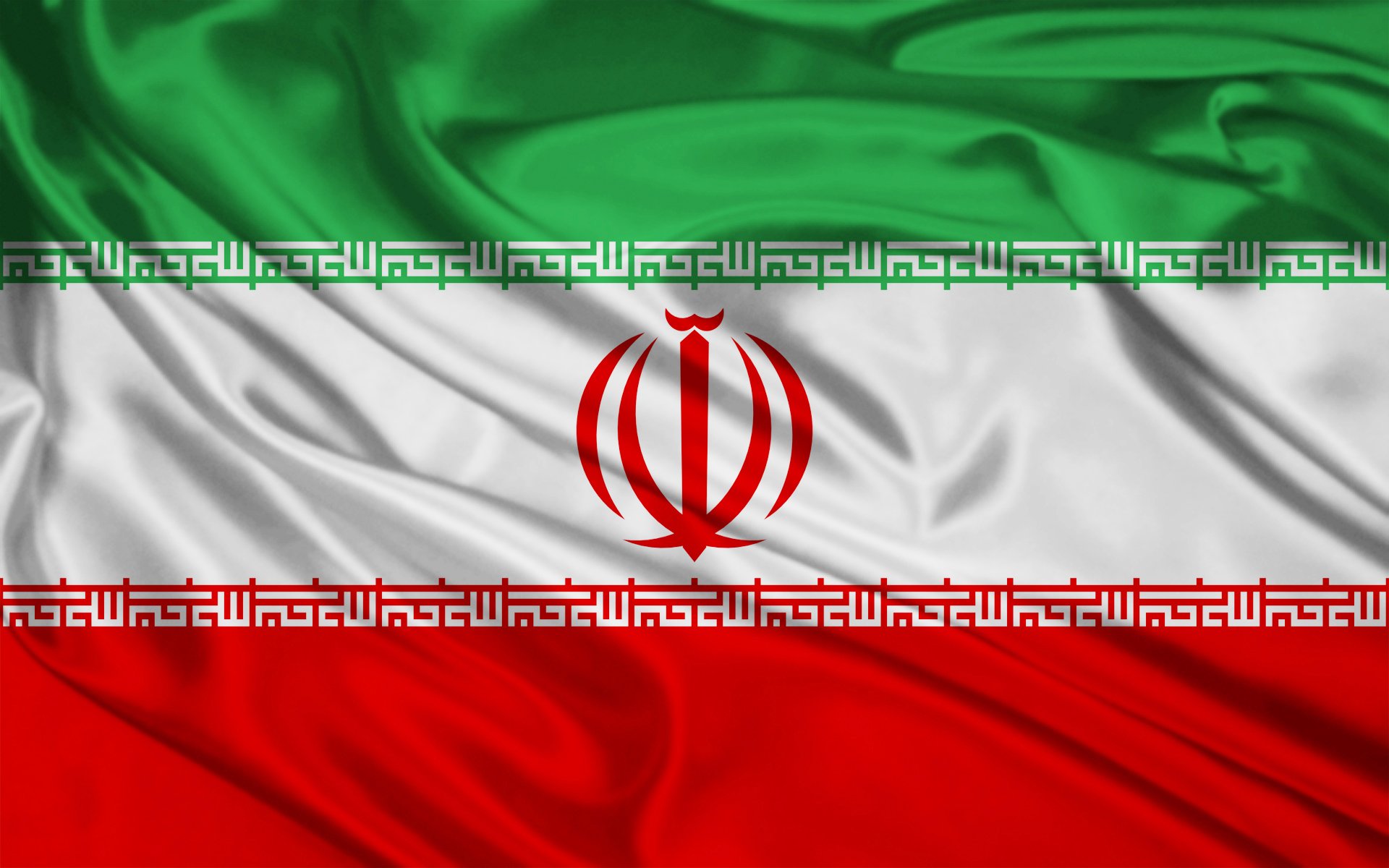The following is a media release from Sen. Ed Markey, who was elected by voters in the Commonwealth of Massachusetts to serve the state in Washington DC in the US Senate. He is a Democrat.
***
[broadstreet zone=”59947″]
WASHINGTON DC – Senator Edward J. Markey (D-Mass.), member of the Senate Foreign Relations Committee, led 10 of his colleagues in the reintroduction of the Iran Diplomacy Act.
The legislation supports President Joseph Biden’s diplomatic effort to return all sides to full-compliance with their commitments under the Joint Comprehensive Plan of Action (JCPOA), also known as the Iran Nuclear Deal.
Last week, the Biden administration formally accepted an invitation by the European Union to join talks with the remaining parties to the JCPOA, an initial step on the road to restore full-implementation of the 2015 agreement, one which had closed off all of Iran’s uranium, plutonium, and clandestine pathways to a nuclear weapon.
Co-sponsoring the Iran Diplomacy Act are Senators Elizabeth Warren (D-Mass), Bernie Sanders (I-Vt.), Tammy Duckworth (D-Ill.), Patrick Leahy (D-Vt.), Dianne Feinstein (D-Calif.), Chris Murphy (D-Conn.), Tammy Baldwin (D-Wisc.), Patty Murray (D-Wash.), Chris Van Hollen (D-Md.), and Jeff Merkley (D-Ore.).
[broadstreet zone=”59982″]
“President Biden is right to pursue diplomatic steps that verifiably shut the door on an Iranian nuclear weapon,” said Senator Markey. “President Trump’s 2018 exit from the Iran Nuclear Deal alienated the United States from allies whose support is needed to confront the full-range of Tehran’s bad behavior. Trump’s ‘maximum pressure’ campaign brought us to the brink of war and allowed Iran to edge ever closer to nuclear weapons capability. All sides must return to their commitments under the Iran Nuclear Deal so we can take the existential threat of a nuclear Iran off the table and provide the momentum to advance multilateral and bilateral diplomatic efforts to address Iran’s burgeoning ballistic missile program, extend elements of the Iran deal due to expire, and combat the Iranian government and its proxies’ malign activities throughout the region.”
Prior to President’s Trump’s unilateral withdrawal from the JCPOA in 2018, the International Atomic Energy Agency and the U.S. intelligence community both verified that Iran had lived up to its end of the agreement – which extended the “breakout time” for an Iranian nuclear bomb from a span of weeks to over one year. However, Iran responded to the U.S. exit from the JCPOA with concerning, but reversible rollbacks of its commitments under that agreement and it increased its provocative behavior that increased the risk of armed conflict with the United States and its allies.
The Iran Diplomacy Act backs Secretary of State Antony Blinken’s January 19, 2021 position that full-implementation of the JCPOA provides a: “platform, working with our allies and partners to build a longer and stronger agreement that will also capture some of the other issues that need to be dealt with regard to missiles and with regard to Iran’s activities and destabilizing activities in the region.”
[broadstreet zone=”58610″]
A copy of the legislation can be found HERE.
Specifically, the Iran Diplomacy Act states that:
- Full implementation of the JCPOA would represent a meaningful step to both preventing an Iranian nuclear weapon and a costly future armed conflict
- The United States and Iran should promptly return to full-compliance with all of their commitments under the JCPOA
- After such time that all sides return to their commitments under the JCPOA, the United States should lead international efforts to—
- strengthen the restrictions on Iran’s ballistic missile program and counter the proliferation of such technology;
- address the sunset of select provisions of the JCPOA and other elements of the agreement that merit strengthening; and
- advance any other diplomatic measures that promote United States, regional, and international security.
- The United States should reaffirm its commitment to United Nations Security Resolution 2231 (2015)
- President Biden’s National Security Memorandum -1, and other steps, will help create an environment in which financial institutions and entities can make practical use of existing exemptions and mechanisms “allowing for the sale of agricultural commodities, food, medicine, and medical devices to Iran,” and help Iran battle the COVID–19 pandemic.
[broadstreet zone=”53820″]

